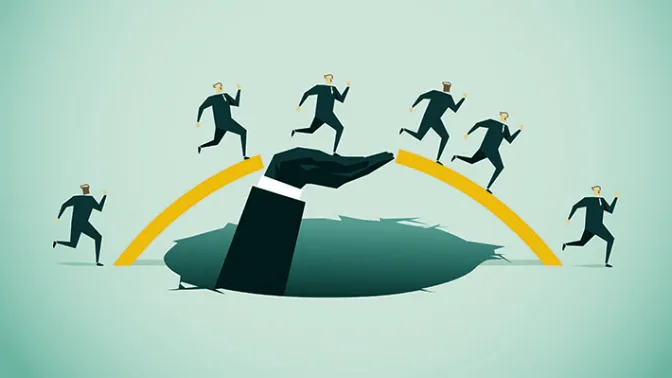
Is Your Nonprofit Resilient? Three Questions Board Members and Executives Should Ask.
How can you assess if your nonprofit is resilient? As part of the Gupta Governance Institute Center for Nonprofit Governance and National Center on Nonprofit Enterprise’s (NCNE) seminar series, Elizabeth Searing, PhD, assistant professor at UT-Dallas suggests three broad questions that nonprofit boards and executives can ask and use as a launching point for meaningful discussions.
1. What makes us resilient?
Identify areas of focus that are not just about surviving in the short term but allow you to continue to provide your key services. Resiliency is about more than just surviving; it’s about being able to continue making progress toward your mission. What do you already do well that makes the nonprofit and its staff resilient? Be sure and ask stakeholders outside of the organization – you may be strong in ways you don’t realize.
2. What are tactics that we could be adopt in order to be more resilient?
Dr. Searing and co-authors Dr. Kimberly Wiley of University of Florida and Dr. Sarah Young of the University of North Georgia identify five categories of tactics: Financial, Human Resources, Outreach/Advocacy, Changes to Programs and Services, and Management and Leadership. The related research finds that, contrary to popular belief, cost-cutting and/or reductions in staff are not always the most common tactics for some nonprofits and other initiatives such as increased advocacy and focus on decreasing staff burnout may be fruitful.
Having a framework in place can support identifying strengths and weaknesses for the organization and which ones can be improved (short-term & long-term) to increase resiliency. Plus, most organizations have a portfolio of tactics pulled from different categories. This allows for a more comprehensive approach to the situation.
3. Which tactics have we not considered?
Assessing how to adapt and be agile to changing circumstances will not be uniform. There is no “one size fits all” approach. It can be a useful exercise to critically assess which tactics have been considered and which ones can be most impactful to the organization at this time. Different approaches will work for different organizations, so use your professional network to find out what is working for other nonprofits that are the same size or work in the same area.
The framework can also prove helpful for scenario planning and assuring the best infrastructure for future crises. The current pandemic has demonstrated predicting what the crisis will be is impossible, but this scenario planning can ensure the organization has the right systems in place to respond quickly and with agility.
Read a recent Nonprofit Quarterly article by the authors for more information on this topic
The seminar series highlighting nonprofit resiliency continues February 26 featuring George Mitchell (Baruch, CUNY) and Thad Calabrese (NYU) on the paper ‘The Hidden Cost of Trustworthiness’. For more information, contact Teresa Harrison, PhD at tharrison@drexel.edu.


